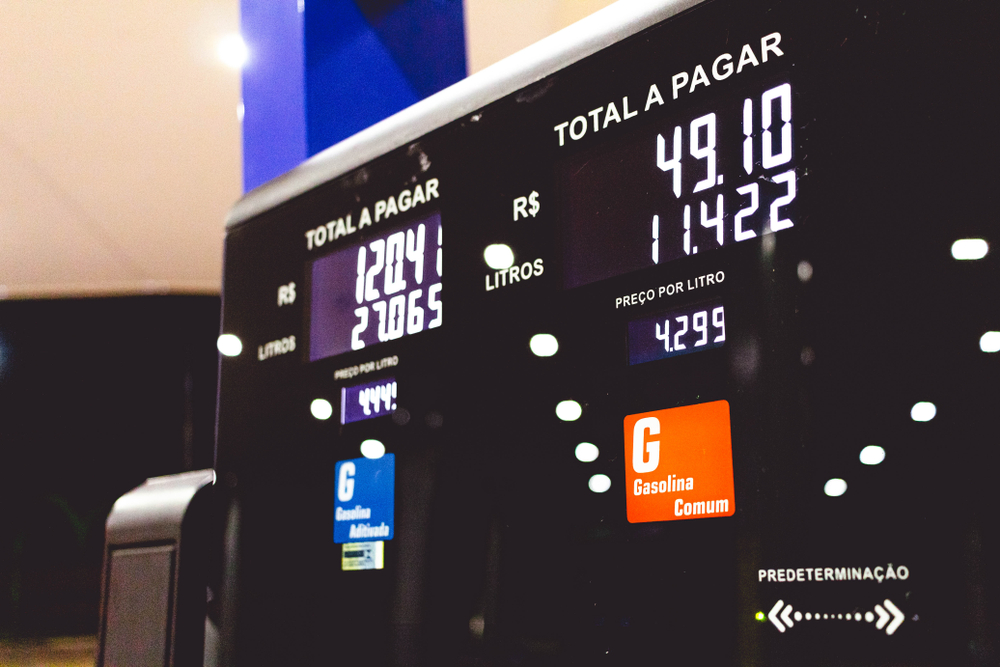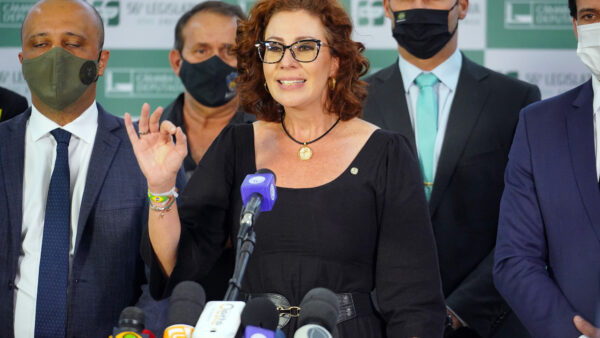President Jair Bolsonaro has proved to be quite sensitive to demands concerning fuel prices—which makes sense, considering the major truck drivers strike that briefly paralyzed the country in 2018. However, by putting tax cuts on the table, he has met with an economic conundrum with more chances of causing a political stir than actually reducing prices in the short term.
Since January, the president has been attacking the tax burden on petrol as the reason why Petrobras’ cuts on fuel prices in refineries do not translate into decreases at the pumps. His target has been the State Goods and Services Tax, or ICMS.
“We have slashed gas and diesel prices at refineries for the third time, so why aren’t the prices [for consumers] going down?” he tweeted. “Because governors charge an average of 30 percent of ICMS on fuel prices at the pumps and update this every fifteen days, harming the consumers.”
“Governors do not accept losing revenue, even if it means slashing gas prices by BRL 0.5 per liter,” he continued, promising to submit a bill in Congress to establish a fixed value for ICMS on fuel.
The backlash from governors was immediate: 23 of them signed a document urging the federal government to cut its own taxes on fuel, to which the president issued a challenge, saying he would make these changes, as long as the local government leaders did the same on their ICMS rates.
Lose-lose situation
A report by the National Council of Finance Policy shows that...


 Search
Search






































